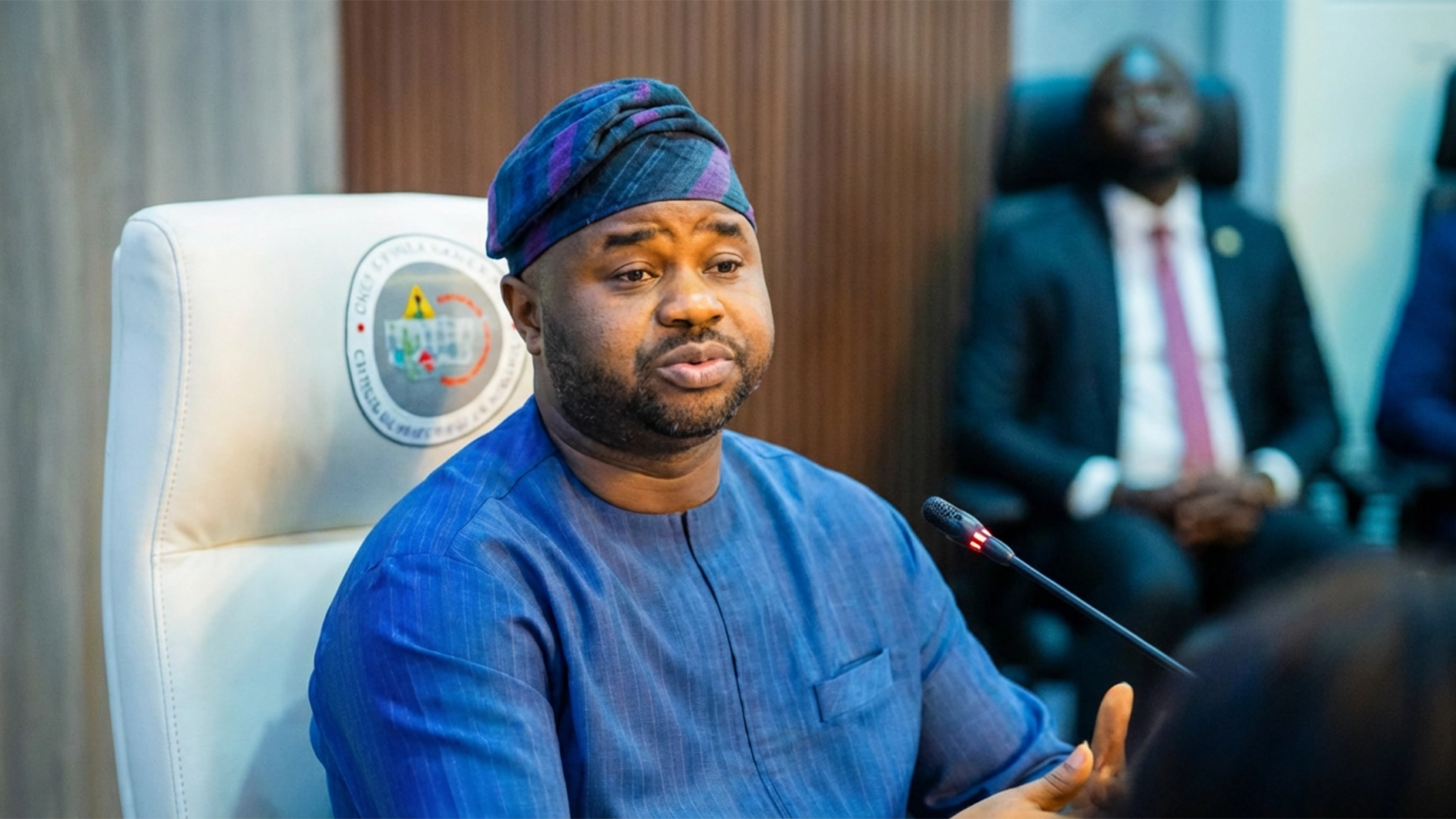The Federal Government has declared a renewed drive to end Nigeria’s dependence on imported petroleum products, pledging sustained crude supply, policy incentives and full regulatory support to indigenous refiners to achieve national energy security and regional market dominance.
Minister of State for Petroleum Resources (Oil), Heineken Lokpobiri, disclosed this during a session at the second Crude Oil Refinery Owners Association of Nigeria (CORAN) 2025 Summit in Lagos.
Lokpobiri said the government is determined to guarantee feedstock security for all licensed refineries and strengthen the Domestic Crude Oil Supply Obligation (DCSO) to ensure that every barrel produced in Nigeria contributes to both domestic demand and export commitments.
“Beyond licensing, the government has continued to consolidate on facilitating access to crude oil supply through the effective implementation of the Domestic Crude Oil Supply Obligation (DSCO). This is because no country can claim energy independence if it cannot refine its own crude. The Federal Government is therefore committed to ensuring that every barrel produced in Nigeria contributes to meeting both our domestic and international obligations,” he said.
The minister announced that the naira-for-crude sales policy would be sustained to cut production costs, limit exposure to foreign exchange volatility and strengthen local operators’ competitiveness.
He described indigenous refineries, such as Dangote Refinery and Petrochemical, Waltersmith Petroman Refinery, and Aradel Holdings, as proof of Nigeria’s refining capacity and the success of the administration’s local content policy under President Bola Tinubu’s Renewed Hope Agenda.
“With increased local refining capacity, Nigeria will not only meet its domestic demand but will also serve as a dependable supplier of refined products to neighbouring countries, hence reducing the region’s reliance on distant refineries and maritime imports,” Lokpobiri added.
Lokpobiri disclosed that Nigeria has launched the West African Fuel Reference Market to position the country as a major hub for product supply in the sub-region.
The initiative, he said, would enable Nigeria to meet domestic consumption needs while supplying neighbouring countries, reducing the region’s dependence on distant refineries and costly maritime imports.
According to him, the move aligns with the African Union’s energy integration agenda and supports the African Continental Free Trade Area (AfCFTA) objective of promoting intra-African trade in refined products.
He outlined key priorities for the sector, including ensuring uninterrupted feedstock supply to refiners, deepening fiscal incentives to attract more investment and strengthening collaboration among the Ministry of Petroleum Resources, the Nigerian Midstream and Downstream Petroleum Regulatory Authority (NMDPRA), the Nigerian Upstream Petroleum Regulatory Commission (NUPRC) and security agencies to curb crude theft and pipeline vandalism.
He also called for increased cooperation among African countries in product exchange, logistics, and shared infrastructure, noting that refining expansion across the continent is essential for achieving energy independence.
“The Federal Government remains fully committed to supporting indigenous refiners, strengthening regulatory institutions, and creating an enabling environment for sustainable downstream growth,” he added.
He urged industry players, regulators and investors to align with government policy to realise a future where Africa refines what it produces and powers its own development.
However, the Chief Executive of the Nigerian Upstream Petroleum Regulatory Authority, Gbenga Komolafe, who was represented by a regional coordinator of the commission, Boma Atiyegoba, said the NUPRC was doing its best to make crude available to local refiners.
“When that is done, there is a metric that is developed by the commission and agreed upon by all the stakeholders that is used to allocate the volumes that are expected from the different oil and gas producers for the domestic oil supply obligation. Now, this oil supply obligation is not a request; it is a regulatory obligation to help improve our energy security in Nigeria.
“So, when we get the allocation, we distribute it according to the companies, and we use parts of their production forecast and other indices to determine the volume that we allocate to the companies. When that is done, what we do further is to enforce the obligation,” Komolafe said.






